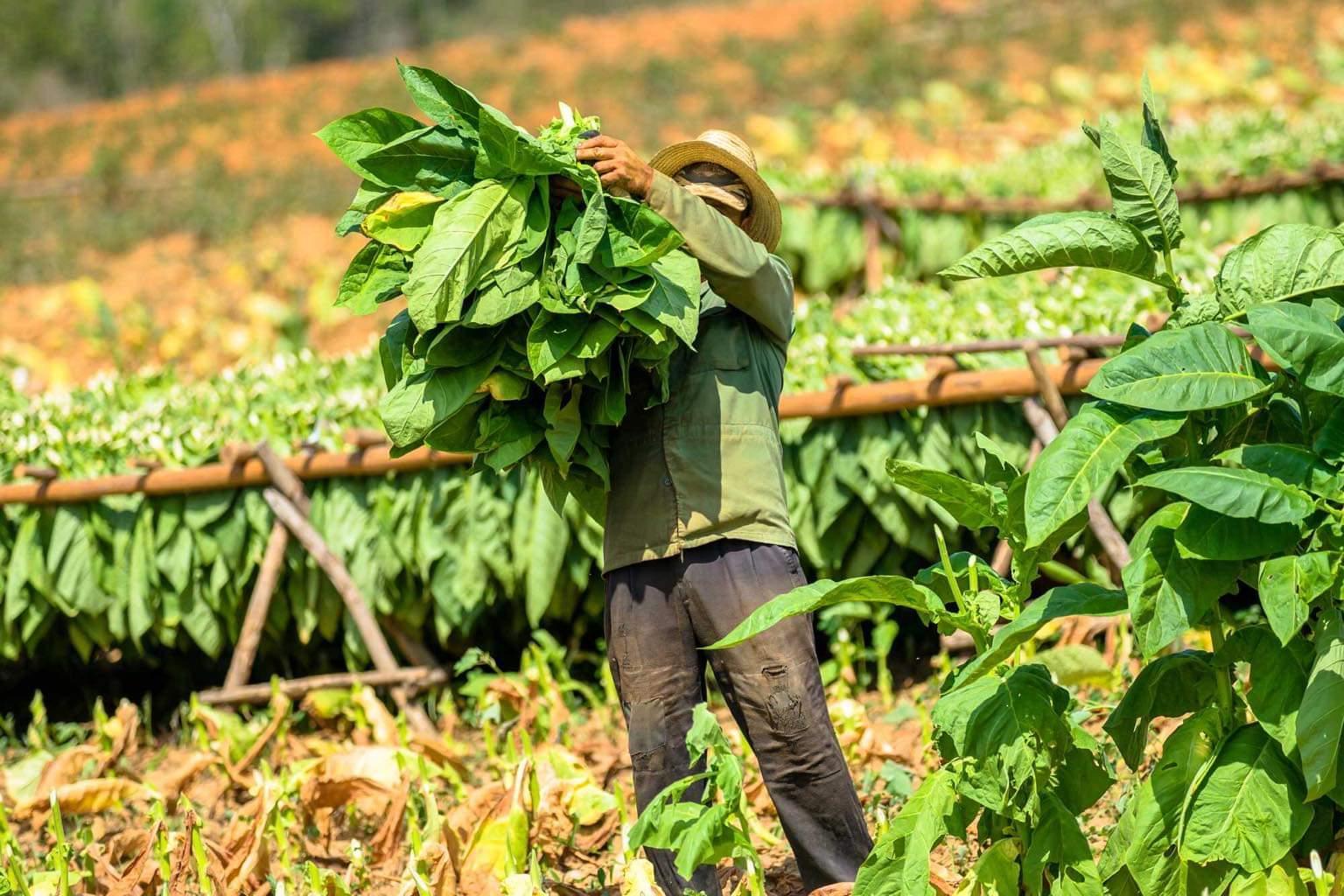Africa-Press – Malawi. In the bustling corridors of Geneva’s international health conferences, a spirited debate unfolds—one that could shape the future of global health policy and millions of lives. At the heart of this clash are advocates for tobacco harm reduction, determined to present science-backed solutions that could help smokers quit and save lives.
Brent Stafford, a passionate reporter, stands outside the conference hall, symbolically labelled ‘the belly of the beast,’ where the World Health Organisation (WHO) has convened its COP11 Framework Convention on Tobacco Control (WHO FCTC) meetings. Meanwhile, a group of experts, from 23 countries, gather at the Taxpayers Protection Alliance (TPA)’s Good Cop 2.0 conference—an alternative forum started to challenge the narratives pushed by the WHO, particularly regarding new nicotine delivery products like e-cigarettes and heated tobacco.
The event buzzes with energy and conviction. David Williams, president of the organisation, confidently asserts, “This sequel is going to be better than the original. We’re here with facts, science, and policy—fighting misinformation and disinformation that have shaped misguided policies for over 20 years.” He emphasised the importance of offering smokers alternative pathways—products that are less harmful than traditional cigarettes, like vaping devices and smokeless pouches.
His colleague, Martin McCulloch, explains how the WHO’s FCTC, once aimed at reducing harm, has morphed into an anti-industry mandate.
“Over the past 20 years, it’s drifted from its original purpose into an authoritarian stance,” he remarks. “Even the treaty’s own author, Professor Beaglehole, admits it’s no longer fit for purpose.”
As grievances spill, recent actions by the WHO reveal a fierce opposition to harm reduction. They categorize vaping and E-cigarettes as industry-driven, profit-motivated tactics that threaten youth and public health. Their calls for strict regulation and bans seem to dismiss the substantial scientific consensus: these products are far less harmful alternatives that can serve as effective off-ramps from smoking.
In a recent speech, the WHO’s Director of Health Promotion warned about the “rapid increase in vaping among children,” framing it as an industry tactic to addict youth—yet advocates challenge this, citing declining youth vaping rates in several countries and the lack of evidence that these products fuel a new epidemic.
Amid this ideological battleground, delegates from countries like Panama and St. Kitts and Nevis have pushed back. They advocate for science-based policies and warn against the WHO’s attempts to silence dissent and control the narrative. Their voices echo a broader desire for freedom of choice and recognition of risk reduction as a legitimate public health strategy.
The narrative becomes more personal for many participants. Advocates share stories of their loved ones—like David’s father, who suffered a triple bypass at 42 due to smoking. The hope is clear: if only safer alternatives had been available decades ago, many lives could have been spared.
As the conference progresses, the debate intensifies. WHO officials ignore or dismiss emerging evidence that supports harm reduction strategies, instead insisting on a one-size-fits-all approach: quit or die. But advocates believe that the future must embrace a spectrum of options, respecting personal choice and scientific evidence.
The story of this conference is ultimately a clash between control and freedom—a fight to ensure that public health policies serve people, not merely bureaucratic interests. It’s a story of hope, resilience, and the relentless pursuit of truth in the face of powerful opposition.
For many, this is more than policy; it’s about saving lives and empowering individuals to make their own choices. And as the voices rally in Geneva, hope remains that science and compassion will prevail over misinformation and overreach.
For More News And Analysis About Malawi Follow Africa-Press






